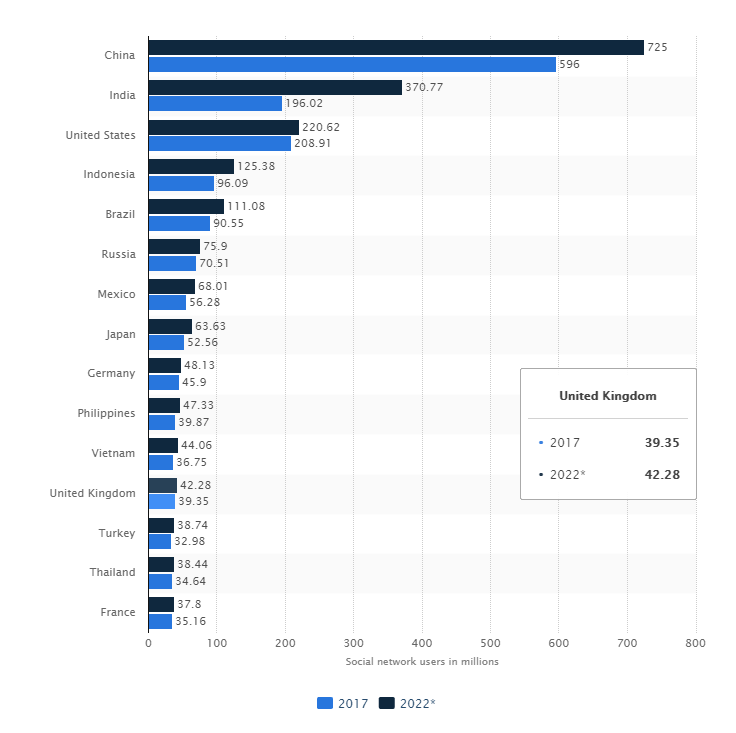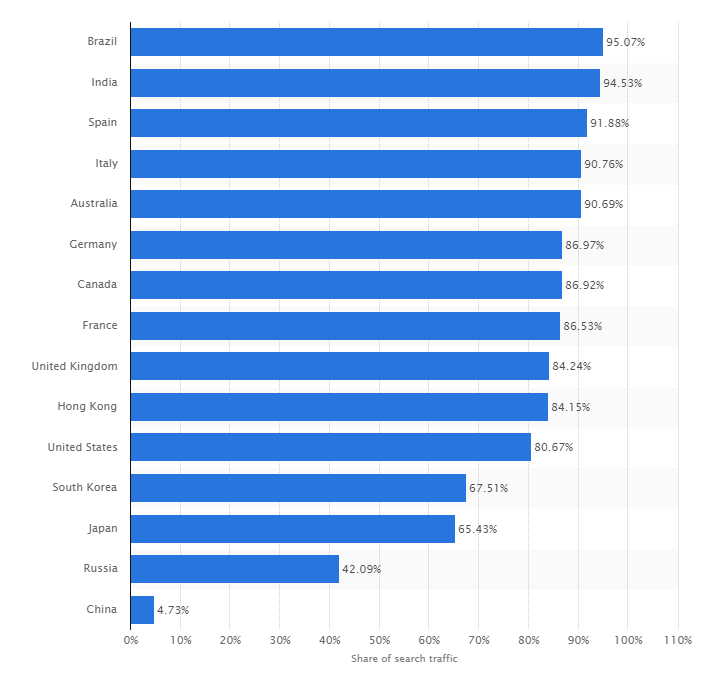Google Remarketing and Facebook Pixels

If someone visits your website, you know there’s a good chance they’re interested in buying the products or services that your organisation offer. The problem is, they might not be ready to buy on the day of their visit. As a result, they might leave the site and come back later, or they might leave the site, never to return again! They might even completely forget that your company exists, and eventually, they might complete their purchase with a competitor!
We often talk about a technology called Sitecore, a high-performing website platform. Sitecore can give you a great level of control over the buying journey while the prospect is on your website, but how do you market towards those hot prospects when they’re going about their day to day lives (...other than via email marketing)? Well, for that we use remarketing, and if you mix Sitecore with Remarketing, you are left with a marketing juggernaut.
So, what is Remarketing?
Remarketing tools give you the opportunity to reconnect with hot prospects after they’ve left your site (or performed some other action such as "Facebook Liked" your post), ensuring that your brand is front of mind for when they are ready to buy!
There are a couple of main players in the remarketing world – Google and Facebook.
Google
“Remarketing helps you to reach people who have visited your website or used your app. Previous visitors or users can see your ads as they browse websites that are part of the Google Display Network, or as they search for terms related to your products or services on Google.” Since Google own YouTube, video remarketing is also a great opportunity that you can take advantage of!
Reference: https://support.google.com/adwords/answer/2454000?hl=en-GB
Facebook
“Using data from your CRM system or customer contact lists – such as phone numbers or email addresses – you can connect with your customers and contacts on Facebook. You can also use a Facebook pixel (a snippet of code you install on your website) to create a Custom Audience of people who have visited your website. Since Facebook owns Instagram, you can use remarketing to target those users too!
Why is remarketing so powerful?
The reason why is obvious – a huge percentage of the world use their services!...
Number of social network users in selected
countries in 2017 and 2022 (in millions)

(https://www.statista.com/statistics/278341/number-of-social-network-users-in-selected-countries/)
Share of desktop search traffic originating from
Google in selected countries as of April 2017

(https://www.statista.com/statistics/220534/googles-share-of-search-market-in-selected-countries/)
Furthermore, according to "Internet Stats Live", Google now processes over 40,000 search queries every second (3.5 billion per day).
According to Zephoria there are over 2.01 billion monthly active Facebook users, with 1.32 billion people logging in daily
….These stats should be a good enough reason for anyone to try remarketing!
How to Set up Facebook Remarketing:
You’ll be required to add a snippet of code to your website, but the process is very simple. Everything that you need to know can be found here:
https://www.facebook.com/business/help/952192354843755
How To Set up Google Remarketing
Just like Facebook, Google will also require you to add a snippet of code to your website. You can do this via Google Adsense, or if you’ve already installed google analytics on your site, there’s no need to add any more code snippets, you’ll just need to enable remarketing reporting in your analytics account:
https://support.google.com/analytics/answer/2444872?hl=en&ref_topic=2611283
Which one should you use?
If you’re limited by budget, and you are only able to give one of the platforms a real chance of success, you might be wondering which one is best for your organisation. Well, there isn’t always a definitive answer to that question but the answer quite often depends on the services that your organisation provide.
Most B2B companies will opt for Google remarketing since social media activity tends to take place outside of the 9-5 working day. On the other hand, B2C companies might prefer to use Facebook because it gives them a chance to benefit from the social proof that comes with the likes and shares of boosted posts.
My advice would be to find out where your target market tend to spend more time, especially during normal buying hours (which is unique to your company) and focus on that channel.